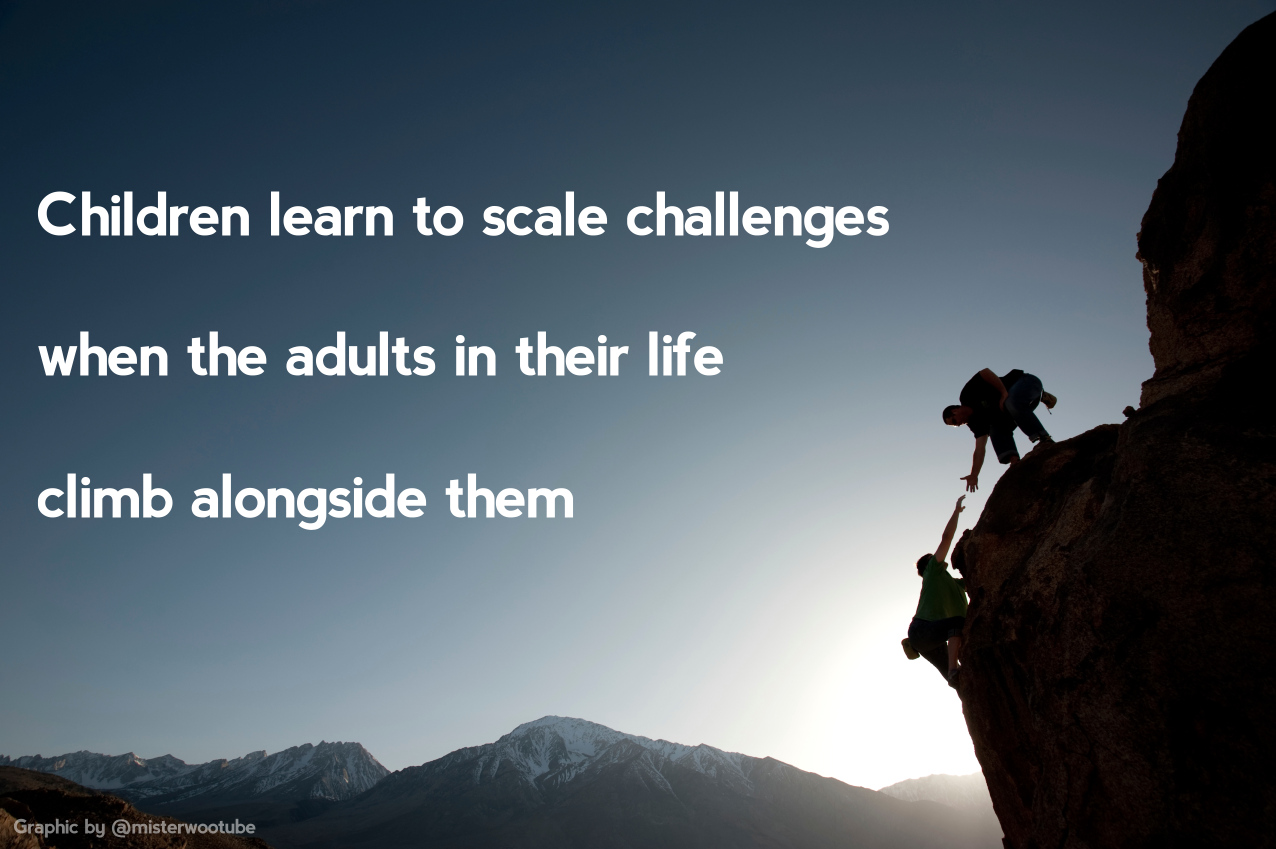I’m the host of a children’s TV show called Teenage Boss, broadcast in Australia by the ABC. It’s currently available to stream on ABC iView.

I also co-hosted Ultimate Classroom, a STEM show broadcast in Australia by Channel 10. As part of this series, I teach contestants about the concepts and theories underneath the challenges they have to complete – you can view the full lessons on my YouTube channel.

My most recent books are Time Out and Team Trouble, illustrated adventure mystery novels in the Whodunnit, Eddie Woo? series. Recommended for fiction readers aged 7+.

My first book, Woo’s Wonderful World of Maths, is published in Australia and New Zealand by Pan Macmillan. It was also released in North America as It’s A Numberful World, published by The Experiment.
I have two children’s activity books, Eddie Woo’s Magical Maths and Eddie Woo’s Magical Maths 2. Each is full of fun and creative explorations of the mathematical stories in Woo’s Wonderful World of Maths. They’re designed especially for children ages 7-12.





Praise for Eddie’s writing
“Eddie Woo is one of the best math teachers on the planet. His book is as buoyant, open-hearted, and energetic as he is. Perfect for students, teachers, and parents alike, it’s a wonderful survey of the wonders of mathematics.” – Steven Strogatz, professor of mathematics, Cornell University, and author of Infinite Powers
“Not just a great teacher, Woo’s Wonderful World shows Eddie to be a storyteller too. Is there anything the Woo cannot do?” – Adam Spencer, Ambassador for Mathematics, University of Sydney
“Maths is just another “language” – and Eddie Woo makes it so easy and fun.” – Karl Kruszelnicki, Julius Sumner Miller Fellow, The University of Sydney
“A sweeping tour de force of how to engage people with mathematics.” – Matt Parker, author, comedian and maths communicator
“I never thought I’d read a maths book cover to cover, let alone sing its praises. Eddie Woo makes maths fun, accessible and relevant. Now we can all benefit from his extraordinary skill as a teacher.” – Jenny Brockie, journalist and TV host
“Eddie Woo’s gift is in using stories to help us see the way maths breathes life, colour, shape, and rhythm into the world around us. He’s transformed the lives of countless students in his classroom and on Wootube. Now he’s here to change how you see numbers too – whether you think you have a mathematical mind or not!” – Natasha Mitchell, science journalist and radio host
“Eddie Woo is an inspirational maths teacher. Why? Because he can also communicate, connect and write.” – Jane Caro, author
“Learning mathematics is like climbing the stairs of a skyscraper. It’s difficult and can seem utterly pointless. Some educators scream at us from a 10th story window as we look up at them in confusion. Eddie greets you at the foyer and is there beside you while you take each and every step. And once at the observation deck, he’s admiring the beautiful vista with you. Eddie is more than just the maths teacher we all wanted. Eddie is the maths teacher we all need.” – Simon Pampena, Australian Numeracy Ambassador, Numberphile Star
“For a mathematician, Eddie Woo is one helluva storyteller. An excellent and important read from beginning to end.” – Maxine McKew, Honorary Enterprise Professor University of Melbourne
“You probably know acclaimed math teacher Eddie Woo through watching his excellent videos on his WooTube channel. Well, now there is a book, and it’s a winner. A compendium of short essays where Mr. Woo shows how mathematics lies just beneath the surface in practically every aspect of our lives. What makes it sing is that his engaging personality shines through on every page, just as much as it does on video when he is in front of a class.” – Keith Devlin, Stanford university mathematician and author of many popular mathematics books
“Enthusiastic, energetic Eddie Woo explores mathematics in ways that reveal how human and beautiful it is.” – Nalini Joshi, mathematician, University of Sydney






